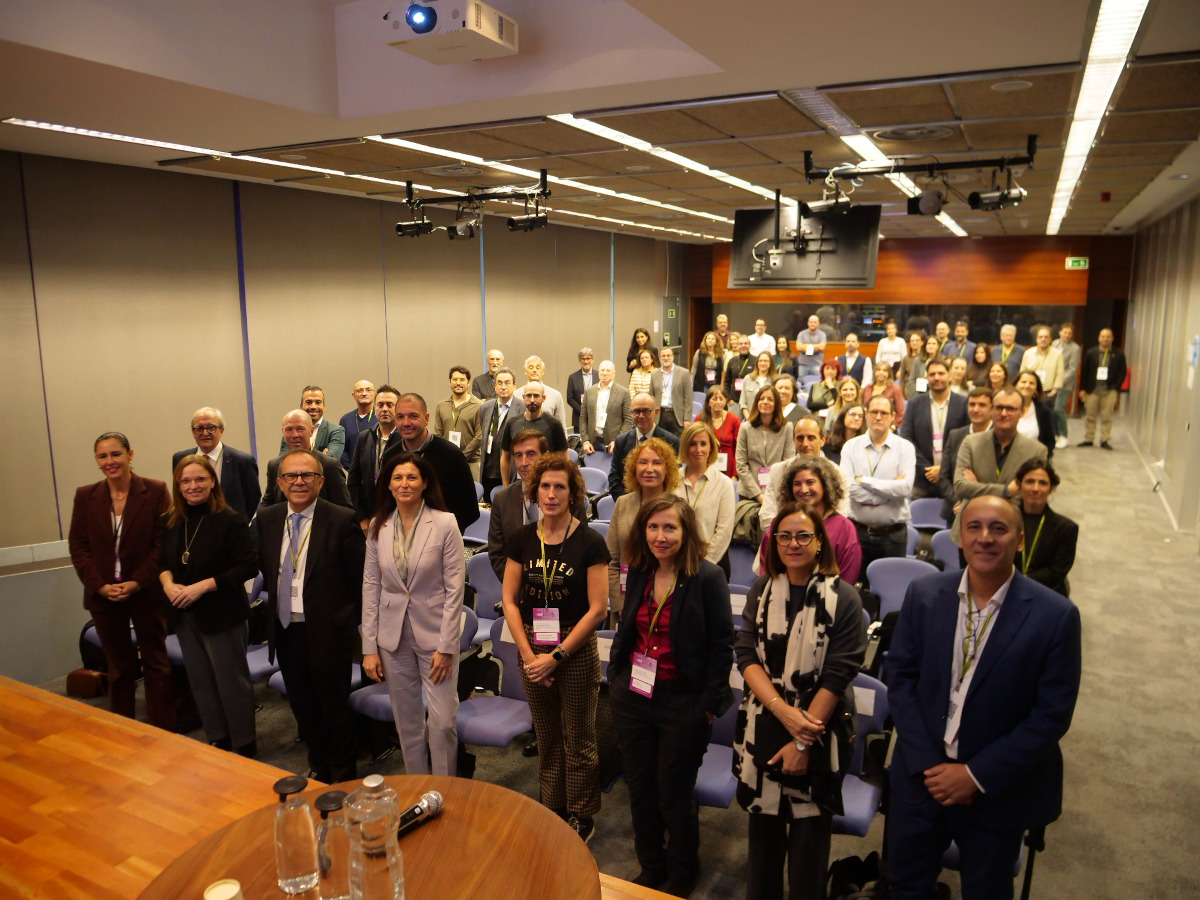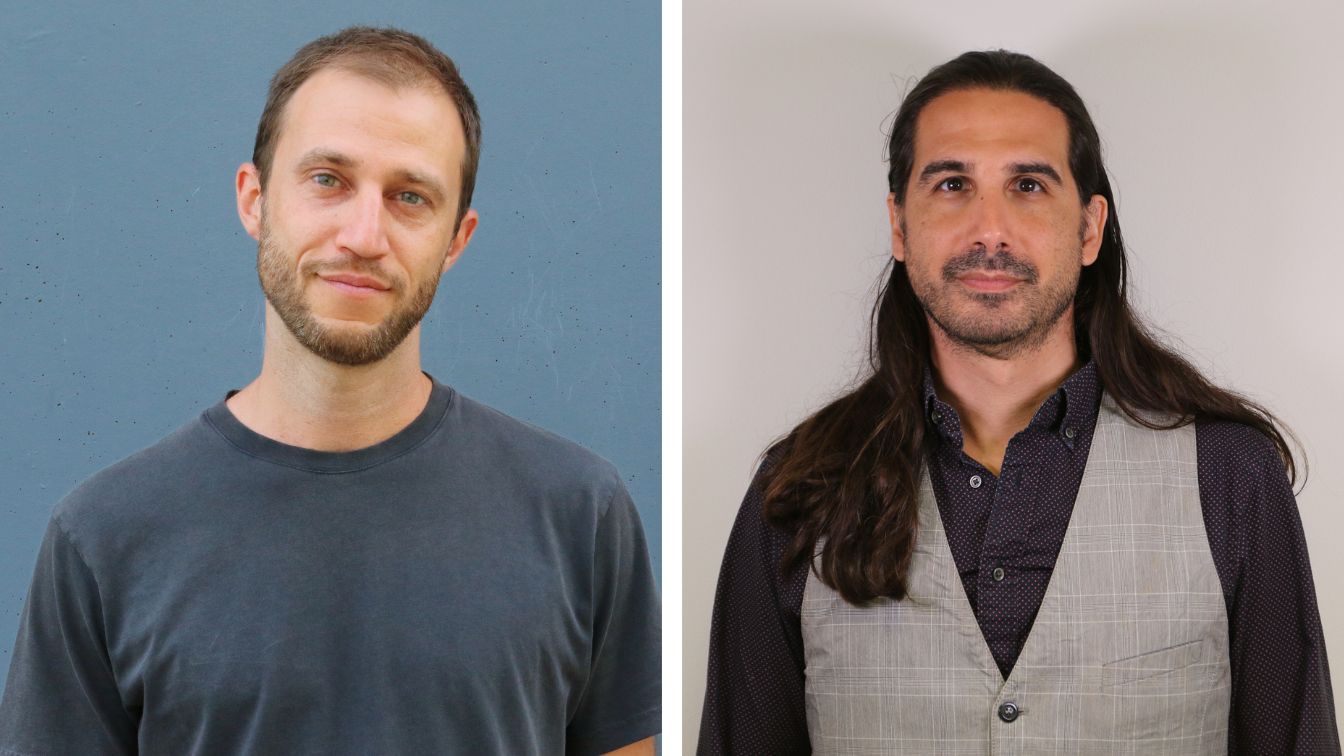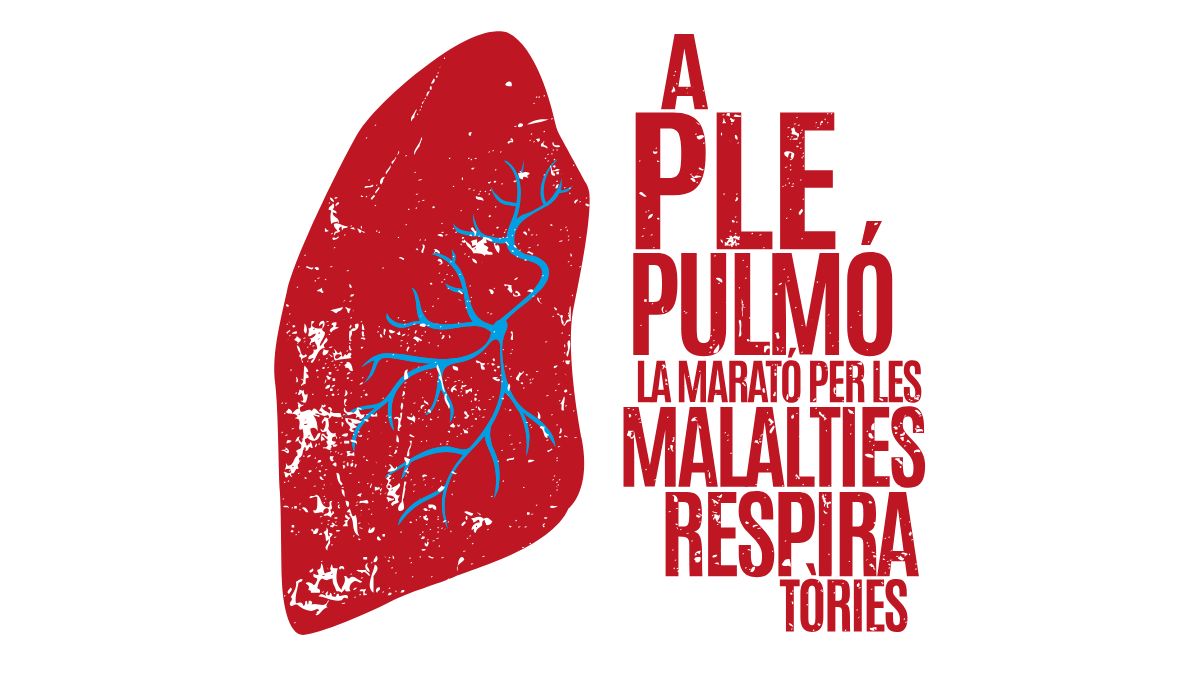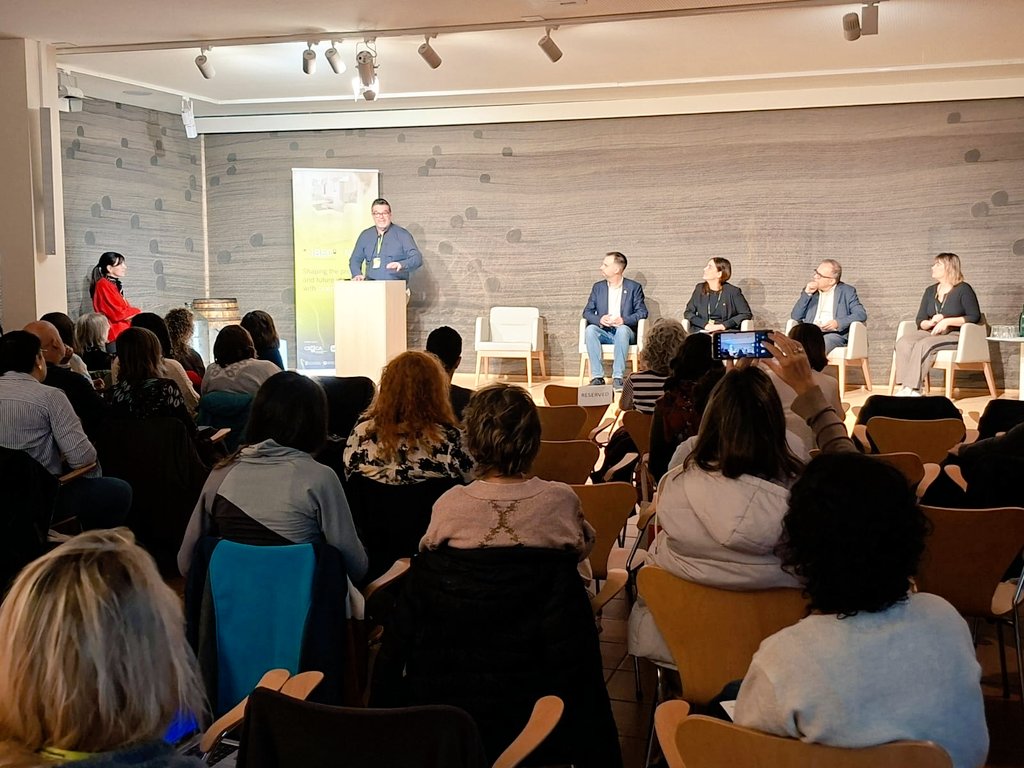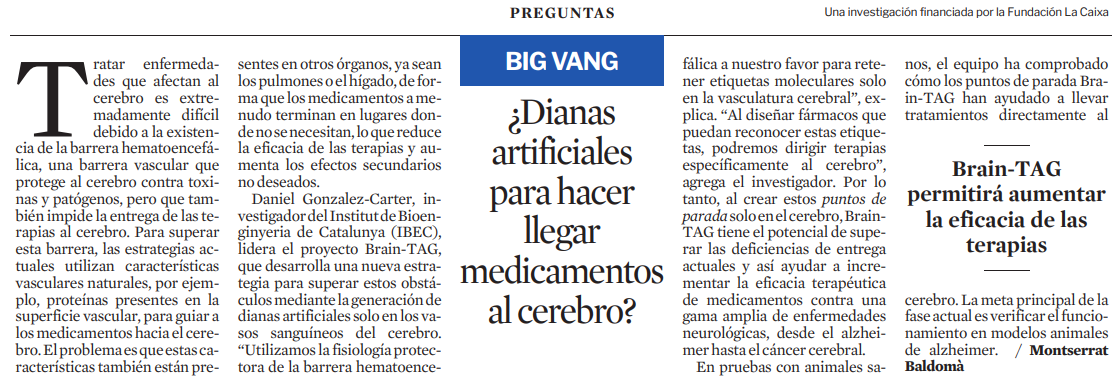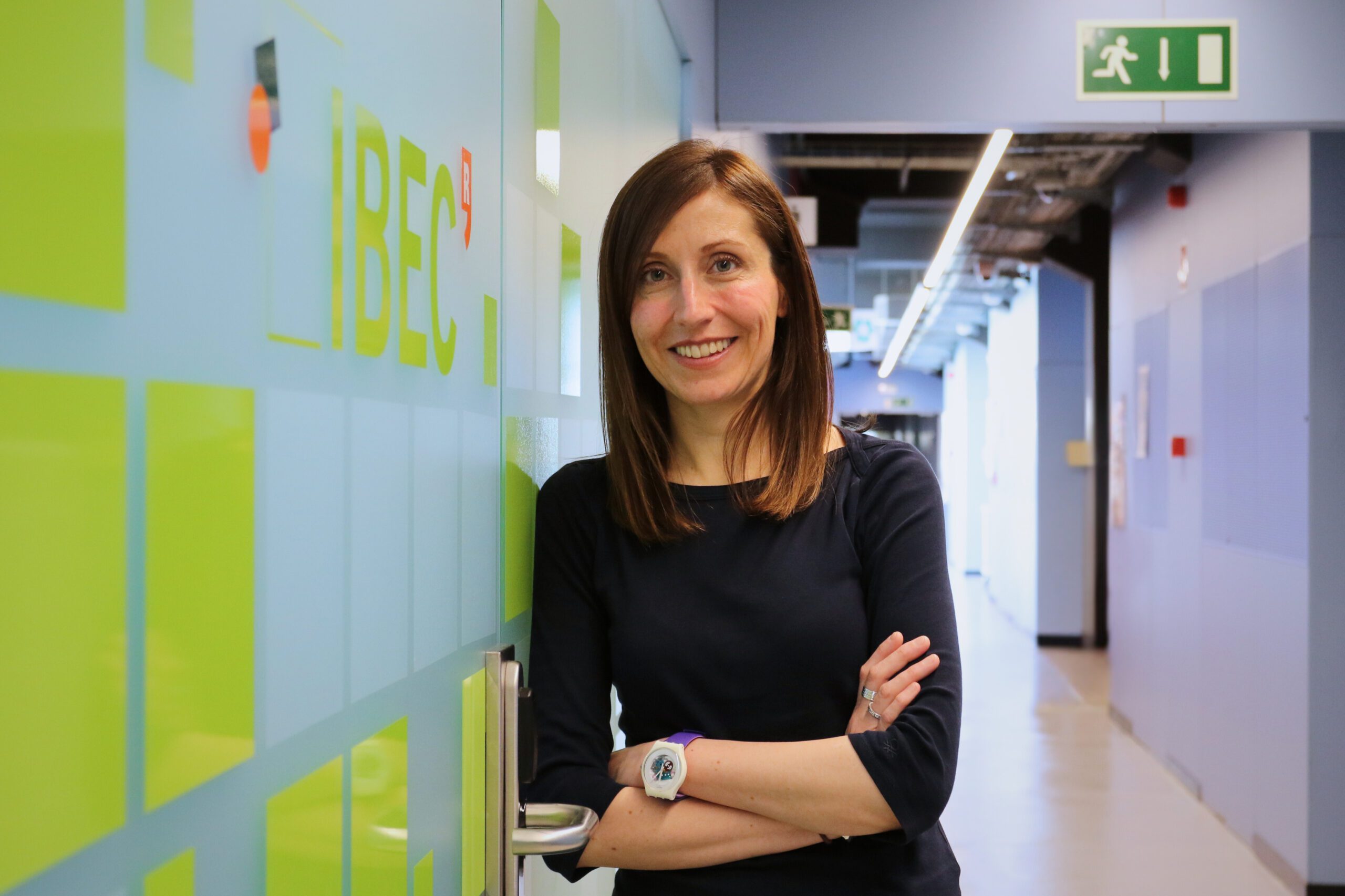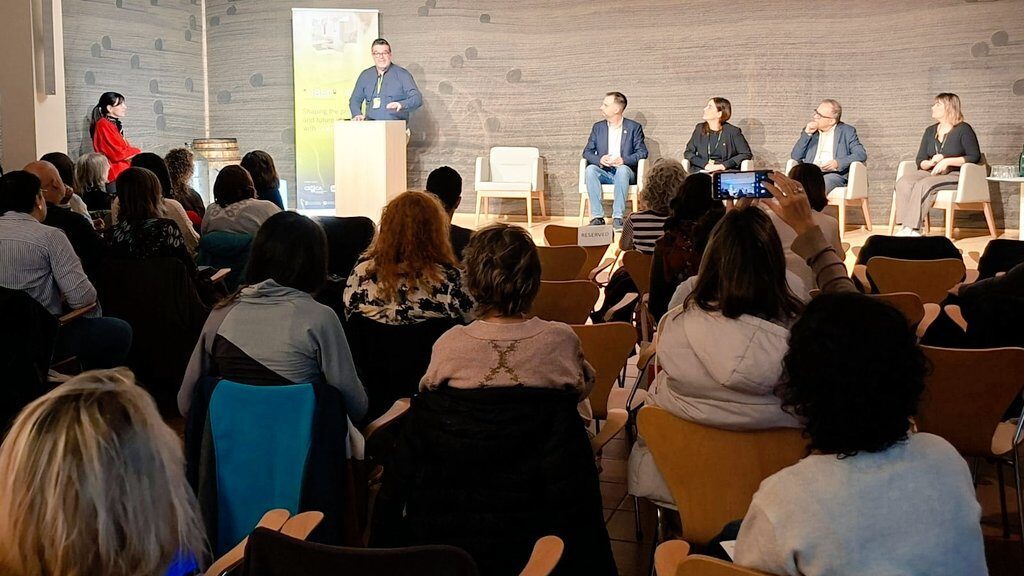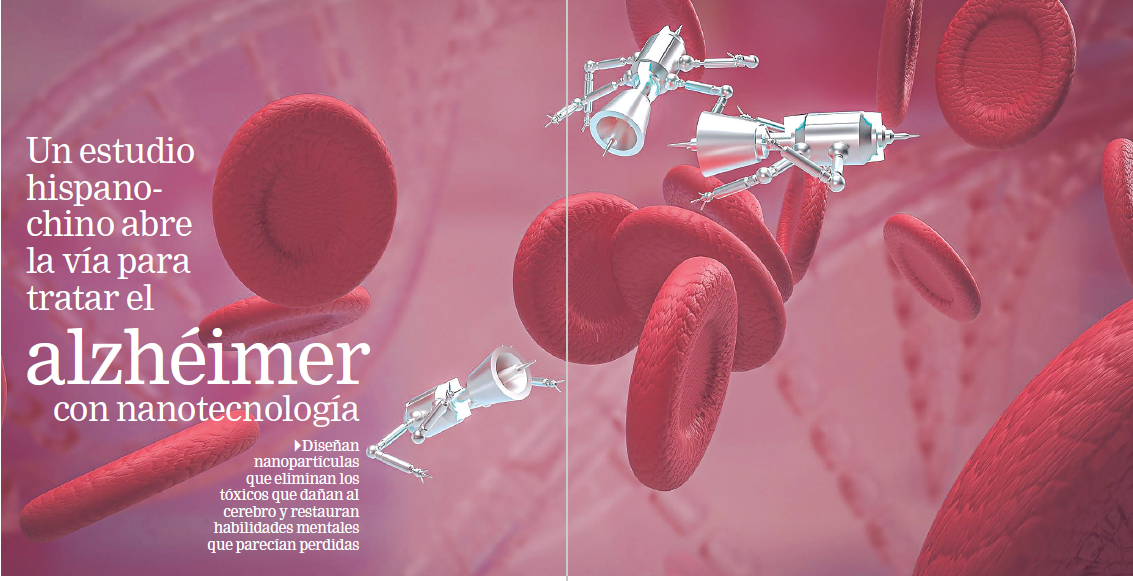The closing ceremony of the Complementary Plan for Biotechnology Applied to Health celebrates more than three years of cooperation
On 17 November, the closing ceremony of the Complementary Plan for Biotechnology Applied to Health was held. This plan was coordinated by the Institute for Bioengineering of Catalonia (IBEC). The event brought together institutional representatives, researchers, and key figures from the Spanish biomedical community to celebrate over three years of collaborative efforts to promote personalised and precision medicine in Spain.

